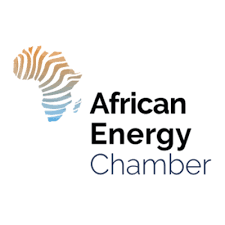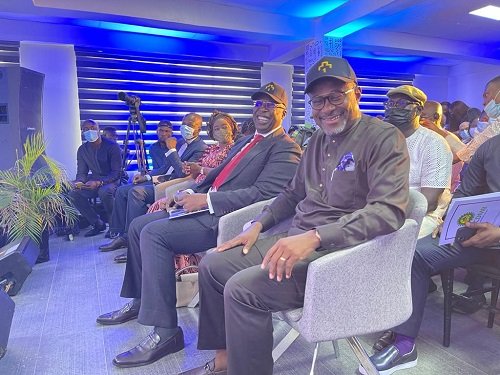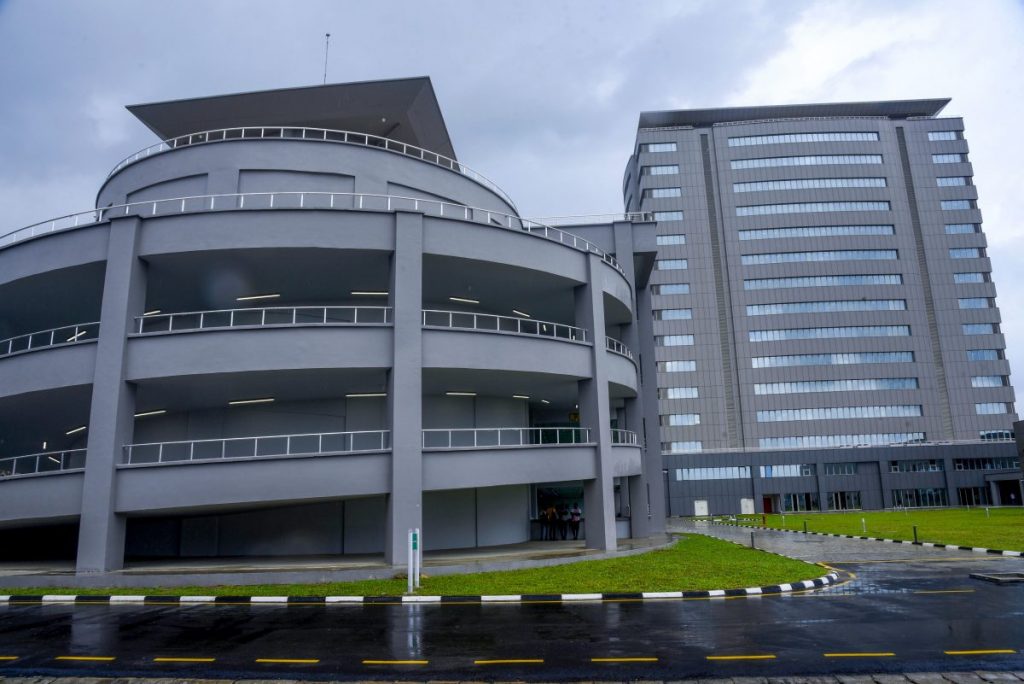
3 September, 2011, Sweetcrude, Lagos – For several years the IOCs and the Federal Government have been in denial of their liabilities to the Ogoni people and indeed the people of the Niger Delta. Ken Saro Wiwa and his colleagues were accused of migrating from activism to high crime; they were hanged primarily because they sought to correct the user policy of the IOCs and the Federal Government of the land that meant everything to them: home, economic and social security, burial place etc. Apart from Saro Wiwa and his colleagues, many died for the cause, preferring to die than live in the humiliating circumstances that greedy compatriots thrust upon them. Coined the Environmental Assessment of Ogoniland, the report is a product of an examination commissioned by the United Nations Environment Programme (UNEP) on the 1,000 km2 of Ogoni territory in Rivers State. The team put together by UNEP identified 69 sites for detailed soil and ground water investigation; samples of community drinking water, sediments from creeks, surface water, rainwater, fish and air were collected. They also examined more than 5,000 medical records of the residents of the area.
The report that was returned by this team of experts tells the story of a disaster of epic proportions! The irony is that the destruction of the area bore and is still bearing the cost of our ill-defined attempts at National Development. While discounting the peculiar interests of the owners and sufferers of the excoriated land, those who administer the monies that accrue from oil exploitation activities, do not take proper care so that those who suffer and those in whose name the land is devastated are plunged into varying shades of disaster and disappointment.
But the bigger picture of the Ogoni report is the general condition of the Niger Delta According to the report:
“… Floating layers of oil vary from thick black oil to thin sheens. The lightest reading of dissolved hydrocarbon in the water column of 7,420pg/l was detected at Ataba-Otokroma, bordering the Gokana and Andoni LGAs. ”
Ataba and Otokroma are Ijaw communities in Rivers State that border sections of Ogoni land, Okrika, Opobo, Bonny, Kalabari, Oyigbo and Ikwerre Communities are all impacted in much the same manner as Ogoni communities. Indeed, the whole Niger Delta Region has been the theatre of macabre oil and gas games for the past five decades. The Shell Petroleum Development Company and other IOCs have not applied better safety measures in other Niger Delta Communities than they did in Ogoniland. The whole thrust of our argument here is that it will be pretentions to take steps to clean up only Ogoniland for the simplistic reason that the United Nations report was about Ogoniland.
The UNEP report made far – reaching recommendations which if implemented may restore the despoiled land in 25 to 30 years’ time. The implication of this is that any extension of the implementation of the clean-up recommendations would naturally first also extend the period of restoration and suffering but would also in the interim continue to do damage to the health of the people of the Niger Delta who would continue to feel anything but Nigerian.
And The Gas Distribution Policy and Politics of Diezani Alison-Madueke
Gas is collected at different locations within the Niger Delta, gathered in Bonny, Rivers State and transported to Lagos for distribution to marketers who retail them all over the federation. As a result of this unwholesome practice a 12.5kg bottle of gas costs between N3,300.00 and N3,500.00 in Port Harcourt, N3,800.00 in Calabar and between N2,600.00 and N2,800.00 in Lagos. The gas that is produced within the Niger Delta is transported by barges from Bonny to Lagos. Transporters from Port Harcourt pay the sum of N350,000.00 transporting gas from Lagos back to the region of its extraction as opposed to the sum of N50,000.00 paid by marketers from its former source, the Port Harcourt Refinery. At the Port Harcourt refinery a 20 tonne cargo of gas cost distributors and marketers N2,000,000.00. At Lagos, the same cargo is sold at N3,100.000.00 for the obvious reason that transportation to Lagos by secured barges, handling and storage in Lagos would have added values that accrue only because of monumental incompetence. What management principles instructed the round-tripping of a product that is meant for consumption within the locale of its collection and gathering? Who are the contractors and barge owners that benefit from this corrupt arrangement?
It is no longer news of course that the petroleum ministry and the NNPC are managed by grossly incompetent hands but if Nigeria is going to remain one, we must manage our affairs in such a way that if suya, millet and yams are not cheaper in Yenagoa they are not more expensive to the folk that produce them in Damaturu and Kano. The people of the Niger Delta have noted with despair that this imbalance in the pricing of gas products which incongruously affects them unfavourably continues to be the policy of the oil and gas authorities at a time a daughter of the Niger Delta is presiding at the helm of affairs. In a representative democracy those who cannot protect the people they represent should resign for those who are more focused at their mission.
JOHN IYENE OWUBOKIRI ([email protected])



